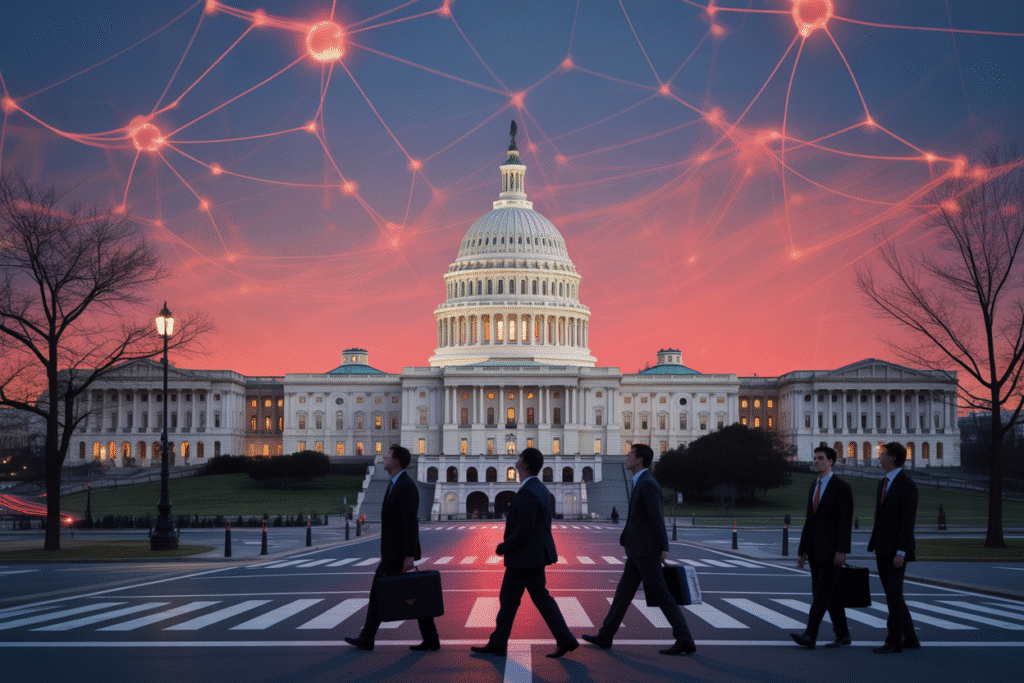From crypto coins that promise open AI to chatbots playing therapist and résumé screeners that quietly reject you—here’s why the ethics of AI are suddenly everyone’s business.
Scroll your feed for five minutes and you’ll trip over another headline about AI. Some days it’s a miracle cure, other days it’s the end of work as we know it. The truth is messier—and more urgent. In the last three hours alone, three stories have exploded online, each exposing a different ethical fault line. Let’s unpack them before the next wave hits.
When Decentralized AI Isn’t
Imagine a marketplace where anyone can rent out spare GPU power and get paid in shiny new tokens. Sounds liberating, right? Now picture the same marketplace quietly controlled by a handful of founders who can flip kill switches or tweak scoring algorithms overnight.
That’s the tension at the heart of today’s AI-token boom. Projects splash the word “decentralized” across whitepapers, yet audits reveal centralized choke points: proprietary models, opaque governance, and tokenomics that reward early insiders far more than contributors.
The upside is real. If done honestly, these systems could let artists in Lagos or coders in Lima monetize their data or compute without asking permission from Silicon Valley. The downside? Speculative bubbles, exit scams, and AI agents trained on biased datasets that get shipped worldwide before anyone notices.
Key red flags to watch:
• Token allocations where insiders hold more than 30 %
• Roadmaps that promise open sourcing “later”
• Reward schemes that pay for hype, not verified compute
The takeaway: decentralization is a design choice, not a marketing slogan. Until code, data, and governance are verifiably open, treat every AI-token pitch like a casino with prettier lights.
Your Next Therapist Might Be a Language Model
It starts innocently enough. You’re doom-scrolling at 2 a.m., type “I feel stuck” into a chat window, and within seconds a bot is mirroring your feelings with uncanny empathy. No waiting list, no co-pay, no judgment.
But here’s the catch: that bot has no medical license, no duty of care, and no malpractice insurance. If it tells a suicidal teen to “try breathing exercises,” the fallout lands on the user, not the software.
For millions of people in mental-health deserts, AI therapy feels like a lifeline. A farmer in rural Kansas or a night-shift nurse in Manila can get 24/7 support that simply didn’t exist five years ago. Yet the same convenience can normalize dangerous advice, harvest intimate data, and erode the human connections that real therapy provides.
What responsible use could look like:
• Clear disclaimers that this is not a replacement for professional care
• Opt-in data policies with granular controls
• Human escalation paths for high-risk conversations
Until those guardrails are standard, every glowing testimonial needs an asterisk the size of a billboard.
The Résumé Black Box Nobody Asked For
You spend weeks tailoring your CV, hit submit, and—nothing. No rejection email, no human voice, just silence. Behind the curtain, an algorithm has already scored your facial symmetry, parsed your word choices, and decided you’re not a “culture fit.”
Recruiters love the pitch: AI that screens thousands of applicants in minutes, slashes costs, and promises “objective” decisions. The reality is messier. Models trained on decades of biased hiring data learn to favor male names, penalize gaps in employment that often correlate with caregiving, and downgrade graduates from historically black colleges.
The stakes keep rising. In one Fortune 500 case, a hiring engine downgraded applicants who listed women’s chess club captaincies—because past hires in engineering roles skewed male. The company only noticed after female hires dropped 30 % in a single quarter.
What job seekers can do today:
• Use plain-text résumés to dodge keyword traps
• Ask recruiters if AI is used and request human review
• Document patterns that feel discriminatory
What companies must do:
• Audit models for disparate impact at least twice a year
• Publish transparency reports on screening criteria
• Offer opt-out human review paths
Until then, every “efficiency gain” risks baking yesterday’s inequalities into tomorrow’s workforce.


